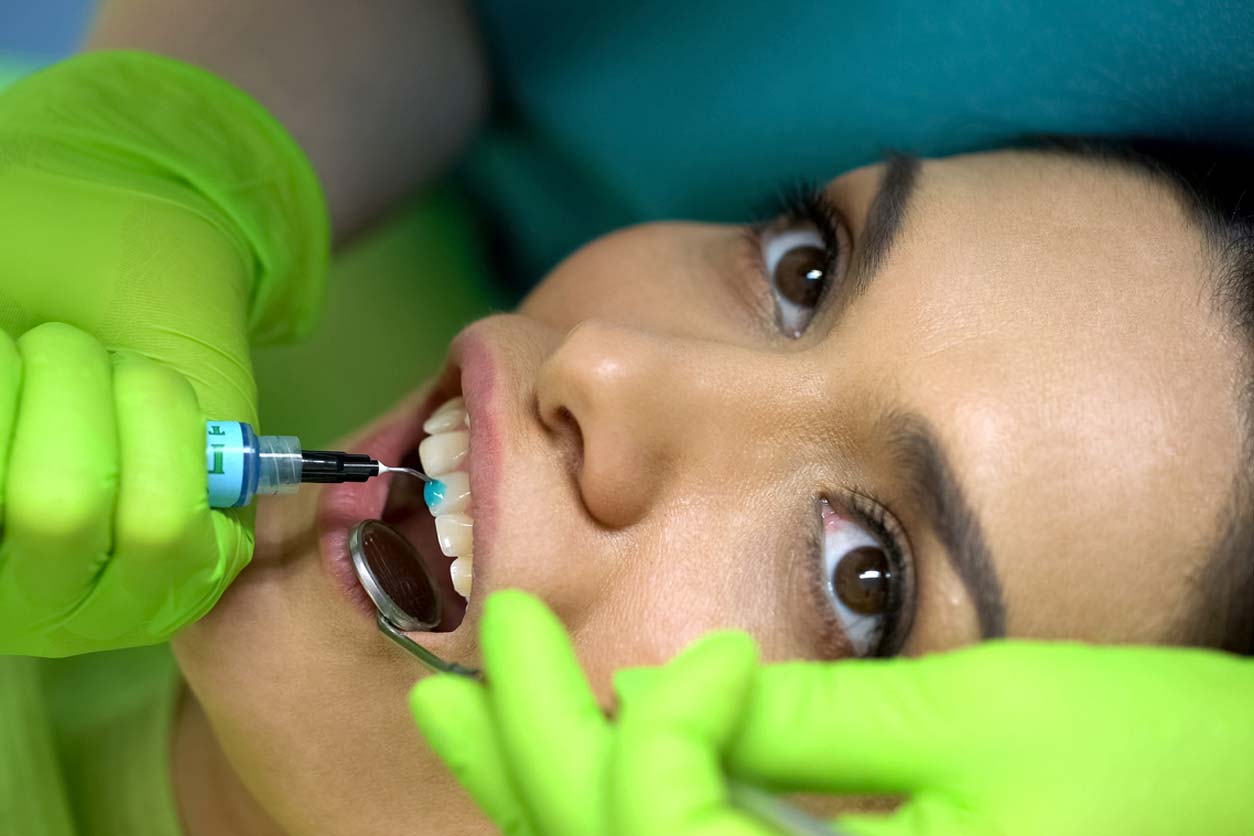Which Cosmetic Issues Can Dental Bonding Address?
Dental bonding is a cosmetic procedure that uses a material called resin composite. This material is applied to your teeth in the areas that require adjustments. Resin composite can be closely matched to the color of your natural teeth; thus, it looks natural in the mouth. In this article, we discuss which cosmetic issues dental bonding can address. Which Cosmetic Issues Can Dental Bonding Address? Dental bonding is a versatile cosmetic solution that can be used on its own or in combination with other treatments or cosmetic procedures. Mainly, dental bonding is effective in the following cases: Cracked or Chipped Teeth Dental bonding is most effective for not very extensive … Read more



